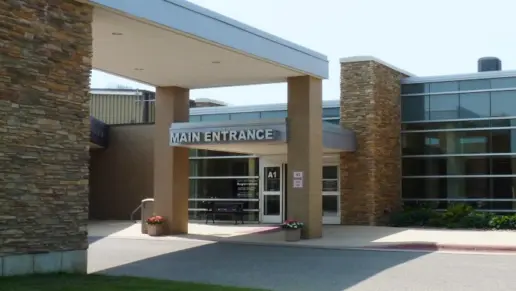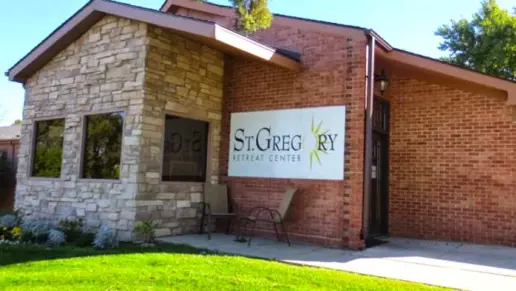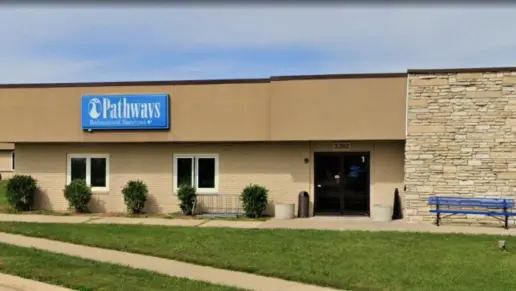About Sheepgate: A Division of Adult & Teen Challenge of the Midlands Men’s Center
Sheepgate is part of the Adult and Teen Challenge of the Midlands. This is a drug and alcohol treatment center for teens and adults in Colfax, Iowa. They offer separate residential programs for men and women, as well as multiple outreach programs for the community.
Their residential treatment includes two different phases. In the first phase, you’ll focus on healing your heart. Your days will revolve around daily therapy sessions and discipleship classes that help you understand your condition and what triggers you to use addictive substances. You’ll also learn new ways to cope with stress. You’ll talk with mentors who have been in your shoes before and can offer encouragement as you start this new journey. This phase last for seven months.
In the second phase, you’ll work on honing the life skills you need to function and thrive in society. This phase lasts around five months. Your team will help you get involved in your community, land a full time job, and plug in at a nearby church. You’ll also learn how to communicate and socialize with your peers. This program emphasizes your relationships, including social ones and the one you have with Jesus Christ.
People who have visited this center speak highly of their time there. After 22 years of addiction, one individual said they were finally able to get the help they needed through this program.
Facility Overview
Latest Reviews
Rehab Score
Gallery
Other Forms of Payment
Private insurance refers to any kind of healthcare coverage that isn't from the state or federal government. This includes individual and family plans offered by an employer or purchased from the Insurance Marketplace. Every plan will have different requirements and out of pocket costs so be sure to get the full details before you start treatment.
Self-pay involves paying for treatment out of your own pocket. You can use savings or credit, get a personal loan, or receive help from family and friends to fund your treatment. If you don't have insurance or your insurance plan doesn't cover a specific program, self-pay can help ensure you still get the care you need.
Addiction Treatments
Levels of Care
Treatments
The goal of treatment for alcoholism is abstinence. Those with poor social support, poor motivation, or psychiatric disorders tend to relapse within a few years of treatment. For these people, success is measured by longer periods of abstinence, reduced use of alcohol, better health, and improved social functioning. Recovery and Maintenance are usually based on 12 step programs and AA meetings.
Drug rehab in Iowa is available in many formats. A variety of inpatient and outpatient options provide programs that are tailored to individual needs, making recovery possible for everyone.
A combined mental health and substance abuse rehab has the staff and resources available to handle individuals with both mental health and substance abuse issues. It can be challenging to determine where a specific symptom stems from (a mental health issue or an issue related to substance abuse), so mental health and substance abuse professionals are helpful in detangling symptoms and keeping treatment on track.
Opioid rehabs specialize in supporting those recovering from opioid addiction. They treat those suffering from addiction to illegal opioids like heroin, as well as prescription drugs like oxycodone. These centers typically combine both physical as well as mental and emotional support to help stop addiction. Physical support often includes medical detox and subsequent medical support (including medication), and mental support includes in-depth therapy to address the underlying causes of addiction.
Programs


Clinical Services
Group therapy is any therapeutic work that happens in a group (not one-on-one). There are a number of different group therapy modalities, including support groups, experiential therapy, psycho-education, and more. Group therapy involves treatment as well as processing interaction between group members.
In individual therapy, a patient meets one-on-one with a trained psychologist or counselor. Therapy is a pivotal part of effective substance abuse treatment, as it often covers root causes of addiction, including challenges faced by the patient in their social, family, and work/school life.
Research clearly demonstrates that recovery is far more successful and sustainable when loved ones like family members participate in rehab and substance abuse treatment. Genetic factors may be at play when it comes to drug and alcohol addiction, as well as mental health issues. Family dynamics often play a critical role in addiction triggers, and if properly educated, family members can be a strong source of support when it comes to rehabilitation.
To achieve long term positive outcomes from treatment, it is important to incorporate life skills training. This equips you with new ways to manage challenges and navigate daily life. These skills encompass relationships, self care, and other day to day tasks.
Amenities
-
Gym
-
Gardens
-
Walking Trails
Staff
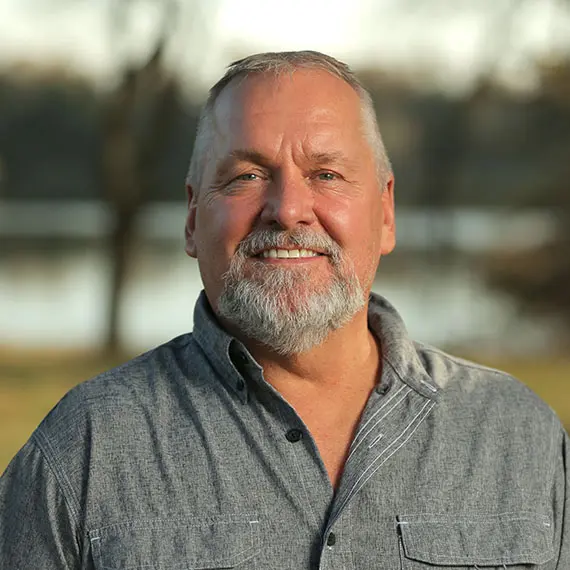
Executive Director
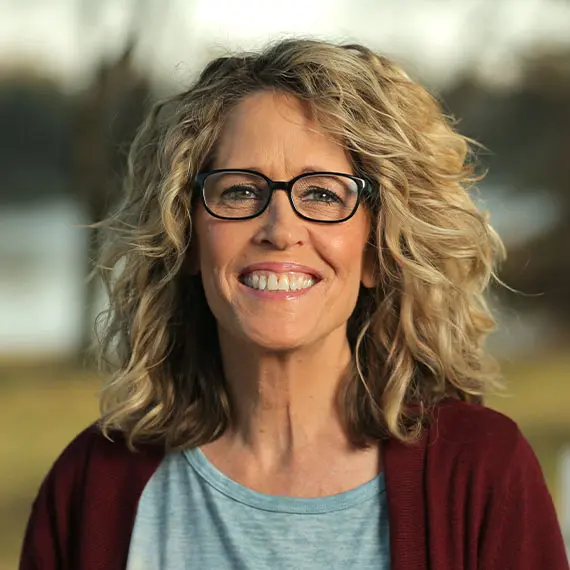
Executive Director

Program Coordinator

Program Staff & Administrative Assistant
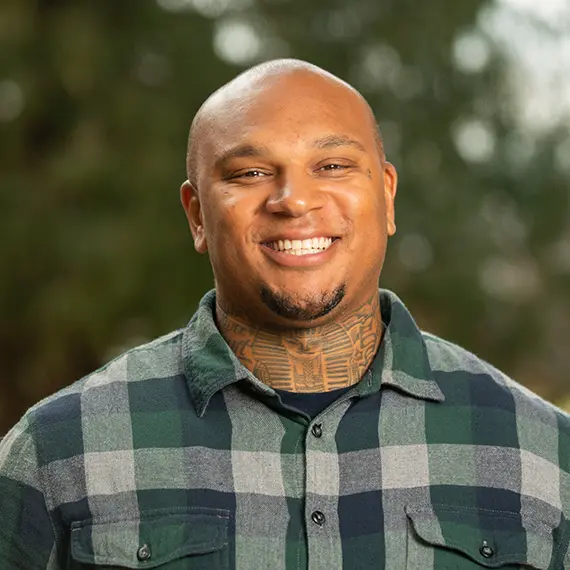
Program Director
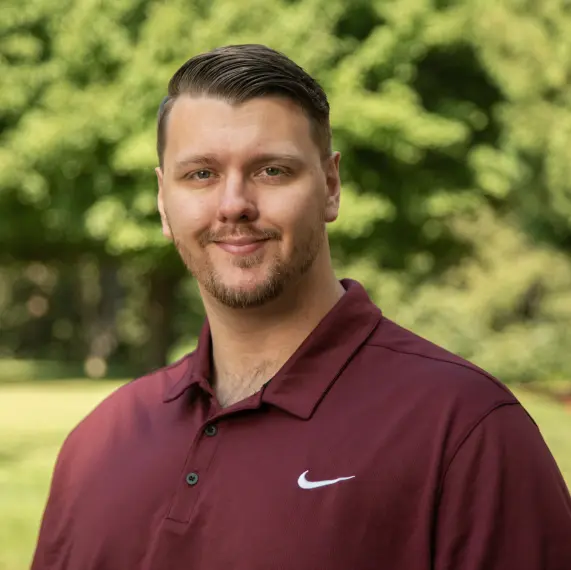
Program Staff-Education Coordinator

Program Staff

Construction Coordinator
Contact Information
900 League Rd
Colfax, IA 50054
